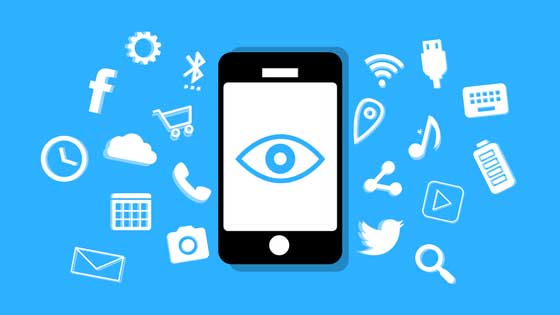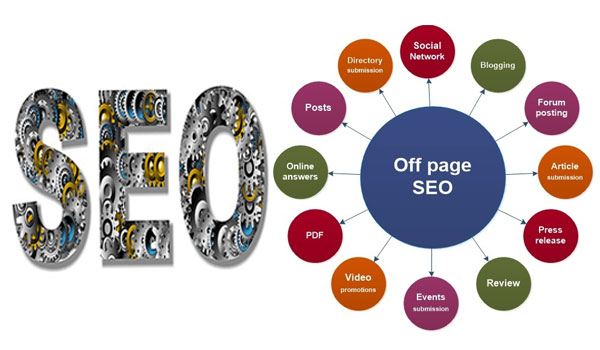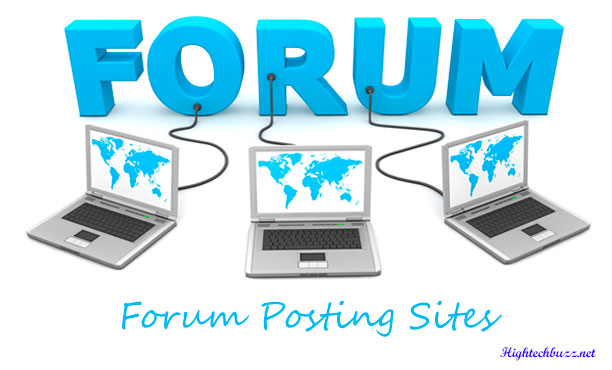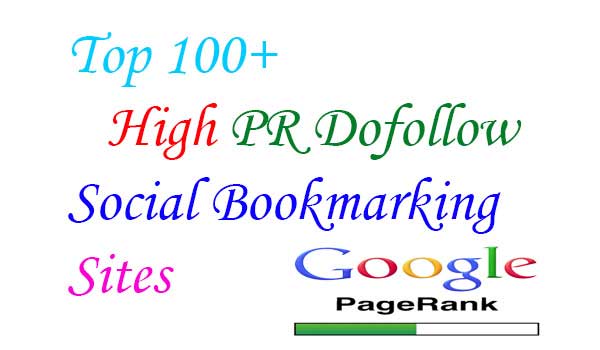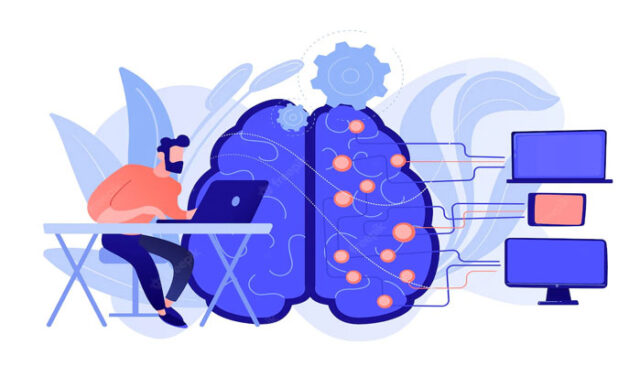Today there must be hardly any industry where Artificial Intelligence has not been tried. Artificial intelligence has made inroads into every major industry. If there is a lot of data available in your business ecosystem, it is eligible for harnessing the benefits of artificial intelligence. The growth of Artificial Intelligence has been exponential only, in fact, in the past few years. To know more about “AI and ML courses“, you can register for Artificial Intelligence and Machine Learning online course.
In the following sections, we attempt to understand which industries have adopted AI and how they benefit from drafting AI into their businesses.
Before we get into the subject, let’s quickly understand what artificial intelligence is.
What is Artificial Intelligence?
The name gives it away, or does it? Well, it is not just about machines that can do various tasks that humans can perform. Artificial Intelligence in its true sense and more so in a practical sense refers to machines that can use the vast trove of data in various forms to learn over a period and, based on this learning, can take their own decision in the future. These machines are also designed to predict the future and provide an outlook or warn against impending dangers from a business perspective.
In the following sections, we shall look at how artificial intelligence is being used in different industries.
Healthcare
One of the few sectors or industries where there is no shortage of information or data. Healthcare became one of the few industries where it saw a lot of innovation in artificial intelligence. First and foremost is the use of AI in diagnosis. A wealth of information on conditions and preconditions of any disease and the ability to infer from imaging data-enabled machines to learn quickly from past data and make a timely and accurate diagnosis is critical illnesses like cancer.
Another healthcare front is that AI is heavily used in drug discovery. Armed with all the information on various chemicals and their molecular structure, along with microbiological information about diseases, AI is reducing the time it takes for a drug to be developed, tested, and brought to the market.
Retail and E-commerce
Online retailing giants like Amazon have leveraged AI massively in logistics, inventory management, customer experience, and customer engagement. This industry appears to be the only one where AI is more apparent to the end-user.
From product recommendations to chatbots to smart warehouses and logistics, all are making a positive impact on the bottom line of online retail businesses and improving customer loyalty and customer experience quotient.
Food Tech
The industrial food processing industry has also taken up AI in a big way. In such industries, AI-based automation improves production by improving quality and efficiency. A good example is “Tomra Systems” AI-based food sorting system targeted at French fries, potatoes, and the meat market. These systems help measure size, shape, color, and even fat content while in the production line.
Armed with weather data, soil conditions, and water, AI-powered solutions in agriculture can help farmers decide on the right time to sow crops and help in yielding maximum production.
Banking and Financial Services
Artificial Intelligence is being adopted significantly at banking and financial institutions. AI-based customer engagement platforms, mobile banking, loan processing, fraud mitigation, and risk assessment are areas where AI has been actively used.
In some cases, AI-based financial solutions also help with investment decisions and wealth management.
You will see a noticeable impact on the number of human agents involved in front-end banking in the near future. In other words, human touchpoints will be reduced and replaced by intelligent robots based on Natural Language processing to interact with customers and suggest the best course of action.
AI-based solutions in the insurance sector have reduced claims processing time while also quickly red-flagging any possibility of fraud.
Logistics and Transportation
The logistics and transportation industry faces a lot of unforeseen conditions that impact business. With real-time GPS data and crowd-sourced traffic data, AI-powered solutions are better able to predict logistical challenges and help take timely action. The introduction of machine learning in supply chain management has already transformed SCM into a seamless process. AI-powered automation in robots and drones makes up the smart workforce in smart and intelligent warehouses.
Shipping routes are shortened and more efficiently planned, thanks to AI. Even the last mile delivery challenges like the location of delivery addresses, traffic conditions are better mitigated using AI.
AI-powered self-driving vehicles are touted as the next big thing in the automotive and transportation industry. AI-powered self-driving vehicles will make driving on roads much safer. In the future, a mass transportation system is being envisioned at Tesla that will take care of traffic snarls completely.
AI-powered public transportation systems will sort out any scheduling and routing issues.
Travel
The travel and tourism industry stands to gain a lot from AI-enabled chatbots. Chatbots, in most cases, resolve simple queries quickly, helping in improving customer experience. Also, AI chatbots are available 24/7 and can engage the customer intelligently. Many travel companies are keen on having mobile apps that facilitate effective and efficient customer engagement.
AI-powered applications for the travel industry help businesses to organize travel itineraries for customers in the best possible way.
Real Estate
Real Estate businesses are increasingly using chatbots that can engage with a customer at odd hours. AI-powered solutions help businesses find the perfect match for their customers in a short time. In fact, many businesses have even begun engaging directly with the customer thanks to AI-powered front-ending solutions and have completely removed the need for any mediators.
Entertainment and Gaming
The entertainment industry leaders are banking heavily on AI to offer a more personalized experience to viewers. AI-powered apps use viewership data, viewer preferences, and other aspects to arrive at a list of recommended movies and programs. Netflix, Spotify, and Amazon are at the forefront of such initiatives.
AI-powered special effects in movies improve the time taken for pre and post-production. AI-enabled technology can help with optimal shooting schedules based on location, staff, and availability of actors. Natural Language Processing is used for putting together a script for storyboarding.
One of the early adopters of AI technology, the game development industry uses AI to control the game narrative and storyline using non-player characters or NPC. The gamers’ experiences hugely depend on how interactive the NPCs are. AI-powered technology allows accurate behavior modeling resulting in an excellent gaming experience.
Manufacturing
While automation has been the mainstay in the manufacturing industry for a long time, AI implementation across several aspects like workforce planning, product design, shop floor design, robotics, and more revolutionizes the manufacturing industry.
In manufacturing, predictive maintenance of equipment is critical in saving downtime from unexpected failures. AI in quality control is used to look out for production faults. Small anomalies in machine behavior and deviations from the process are quickly picked up by AI-powered systems and notified.
Conclusion
There are several more applications of AI that indicate a growing demand for AI-powered technologies in the future. It is the best time to get trained on AI and be part of the revolution it is bringing about. If you are interested in picking up Artificial Intelligence skills, GreatLearning is the way to go.



